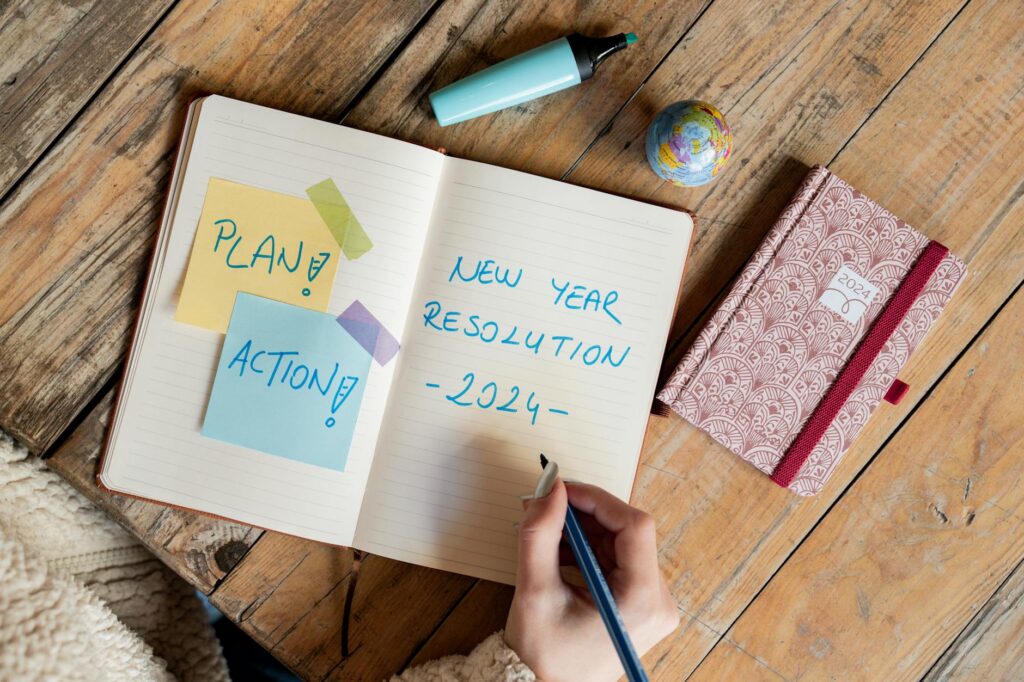What is personal accountability tools?

What is personal accountability tools?
In today’s fast-paced world, the concept of personal accountability is increasingly relevant. As we juggle various responsibilities, maintaining focus and achieving our goals can feel overwhelming. That’s where personal accountability tools come into play. These tools help individuals take charge of their actions, track their progress, and ultimately ensure that they fulfill their commitments. But why is accountability so important for personal and professional growth? Let’s explore.
Understanding Personal Accountability
What is Personal Accountability?
Personal accountability refers to taking responsibility for one’s actions and decisions. It involves recognizing that, while external factors might influence outcomes, you are ultimately in charge of your choices. Unlike external accountability—where others hold you responsible for your actions—personal accountability means that you own your successes and failures. This mindset is crucial for personal growth and development.
The Importance of Personal Accountability
Being accountable has numerous benefits. For starters, it fosters improved productivity. When you hold yourself accountable, you’re more likely to follow through on tasks and commitments. This heightened level of commitment enhances motivation, leading to better decision-making and goal achievement. According to MindTools, personal accountability can save time and resources by encouraging individuals to seek solutions rather than assign blame. If you want to dive deeper into the importance of personal accountability, check out 10 Reasons Why Personal Accountability Is Important.
Types of Personal Accountability Tools
There’s a variety of tools available to help maintain personal accountability. Let’s explore some of the most effective ones.
Digital Apps and Software
In our tech-savvy age, there’s no shortage of apps designed to keep you on track. Platforms like Todoist, Trello, and Asana allow you to organize tasks, set deadlines, and track your progress. These tools are excellent for managing both personal and professional responsibilities, helping you break down larger goals into manageable tasks. For an extensive list of useful apps, check out 23 Apps That Will Keep You Accountable.
Journals and Planners
While digital tools are helpful, there’s something to be said about the traditional pen-and-paper method. Keeping a journal or planner can enhance your accountability by allowing you to reflect on your daily progress. Writing down goals and tracking your achievements can create a tangible record that motivates you to keep going.

Photo by Ahmed ツ
Accountability Partners and Groups
Another effective method is partnering with someone who shares similar goals. An accountability partner can provide support, encouragement, and constructive feedback. Additionally, joining accountability groups creates a community of like-minded individuals who hold each other responsible for their commitments. This collaborative approach not only fosters motivation but also enhances the learning experience.
Implementing Personal Accountability Tools
Incorporating personal accountability tools into your daily routine is straightforward. Here are some actionable steps to get you started.
Setting Clear Goals
To make the most of accountability tools, you first need to set specific, measurable goals. Clearly defined goals provide direction and purpose, making it easier to track your progress. Use the SMART criteria—Specific, Measurable, Achievable, Relevant, and Time-bound—when establishing your goals.
Tracking Progress
Regularly reviewing your progress is essential. Whether you use a digital tool or a physical journal, take time to reflect on what you’ve accomplished. Adjust your goals as needed. This practice not only keeps you accountable but also allows you to celebrate your achievements along the way.
Overcoming Challenges with Accountability
Maintaining accountability isn’t without its challenges. Understanding common obstacles can help you navigate them more effectively.
Common Challenges
Some of the most common challenges include procrastination, loss of motivation, and distractions. These roadblocks can derail your efforts and lead to frustration. Recognizing these issues is the first step toward overcoming them.
Strategies to Stay Accountable
To stay committed to your accountability goals, consider implementing the following strategies:
- Regular Check-ins: Schedule weekly or bi-weekly meetings with your accountability partner or group to discuss progress and setbacks.
- Self-Reflection: Take time to reflect on your actions and decisions. Journaling can be an effective way to assess what’s working and what’s not.
- Visual Reminders: Use sticky notes, calendars, or digital reminders to keep your goals front and center in your daily life.
Conclusion
In conclusion, personal accountability tools are essential for achieving your personal and professional objectives. By using digital apps, journals, and accountability partners, you can take charge of your goals and ensure you stay on the right path. As you explore these tools, remember that the journey to accountability is ongoing. Each step you take brings you closer to success. Embrace the process and watch how it transforms your life!